B2B marketing is an important sector in social sciences and relevant to many academics and practitioners. The B2B label has become out-dated; lacks focus, clarity and accuracy as a descriptive classification; and fails to inspire interest and enthusiasm. This event calls on marketers to rethink the B2B label by engaging relevant stakeholders: researchers, practitioners and educators, in an in-depth conversation on what B2B means today.

4th B2B colloquium – welcome talk by Dr Kaouther Kooli
Led by Dr Kaouther Kooli academics from the Department of Marketing, Faculty of Management (BU) and Professor Merlin Stone from St Mary’s University are co-organising a conference aimed at rethinking the Business to Business label. This event calls on marketers to rethink the B2B label by engaging relevant stakeholders: researchers, practitioners and educators, in an in-depth conversation on what B2B means today.
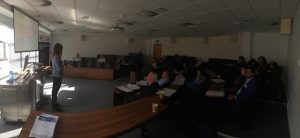
4th B2B colloquium – parallel session
The conference is taking place on 18thDecember 2017 at St Mary’s University Twickenham. The half day event will engage the B2B community (researchers, practitioners and educators) in an in-depth conversation on B2B marketing with the aim to define what B2B is and exchange new ideas about how to advance academic and practitioner thinking in this area.
Guest speakers include Professor Merlin Stone, Professor Len Tiu Wright (University of Huddersfield) and a senior B2B practitioner.
Round tables will be facilitated by Dr Kaouther Kooli, Dr Julie Robson and Dr Elvira Bolat, all of Bournemouth University and specialists in B2B marketing. A detailed programme can be downloaded in here.
Attendance is free. We are welcoming all academics, PhD candidates, UG and PG students as well as practitioners.
If you wish to attend, please confirm your attendance via email at merlin.stone@stmarys.ac.uk
Location: St Mary’s University, Twickenham, London. For instructions about getting to St Mary’s, see https://www.stmarys.ac.uk/contact/directions.aspx.
In that past three years, the B2B SIG (Academy of Marketing) has published two special issues in Journal of Customer Behaviour and Journal of Business and Industrial Marketing, featuring academic and practitioners’ research. At the moment Dr Kaouther Kooli is preparing new special issue for the Journal of Business to Business Marketing. If you wish to benefit from such amazing publishing and networking opportunities, do become a member of the SIG by emailing at kkooli@bournemouth.ac.uk or ebolat@bournemouth.ac.uk.
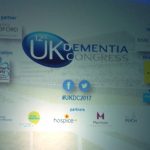
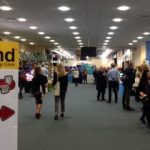

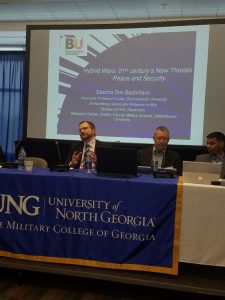
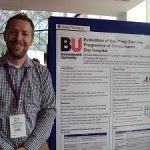




 n Sunday BU and RSPB staff along with volunteers from SUBU enjoyed hearing what young people under 12 years old thought about about being outdoors.
n Sunday BU and RSPB staff along with volunteers from SUBU enjoyed hearing what young people under 12 years old thought about about being outdoors. Recently, I was fortune enough to become the Research Assistant on the HEIF-6 project run by Dr Ben Hicks. This is a one year project that aims to develop and evaluate a free Virtual Learning Environment tool that will support practitioners and care home staff wishing to use commercial gaming technology (iPads, Nintendo Wii) with people with dementia and their care partners. We have a number of experts involved in the research, such as Dr Samuel Nyman from Psychology Department and ADRC, Professor Wen Tang from Department of Creative Technology, Dr Sarah Thomas who is Deputy Director BUCRU and Dr Clare Cutler who is Research Skills and Development Officer. We also collaborate with Alive! who are a charity dedicated to improving the lives of older people and people with dementia through delivering innovative activities (e.g. the use of technology) and training dementia care practitioners. They work with 350 Care Homes and Day Centers across the South West of England and we are lucky to have Malcolm Burgin onboard who as the Regional Manager of Alive!.
Recently, I was fortune enough to become the Research Assistant on the HEIF-6 project run by Dr Ben Hicks. This is a one year project that aims to develop and evaluate a free Virtual Learning Environment tool that will support practitioners and care home staff wishing to use commercial gaming technology (iPads, Nintendo Wii) with people with dementia and their care partners. We have a number of experts involved in the research, such as Dr Samuel Nyman from Psychology Department and ADRC, Professor Wen Tang from Department of Creative Technology, Dr Sarah Thomas who is Deputy Director BUCRU and Dr Clare Cutler who is Research Skills and Development Officer. We also collaborate with Alive! who are a charity dedicated to improving the lives of older people and people with dementia through delivering innovative activities (e.g. the use of technology) and training dementia care practitioners. They work with 350 Care Homes and Day Centers across the South West of England and we are lucky to have Malcolm Burgin onboard who as the Regional Manager of Alive!. 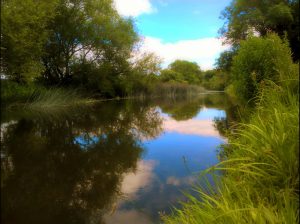

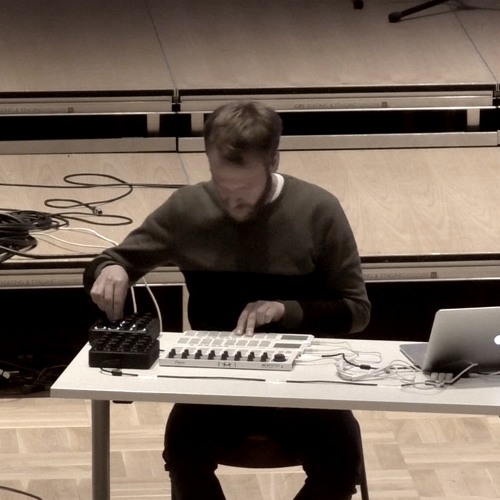

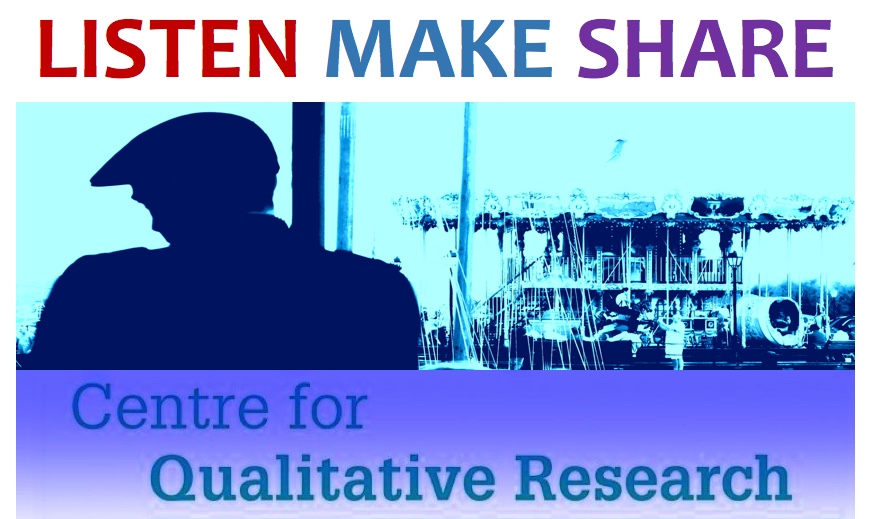


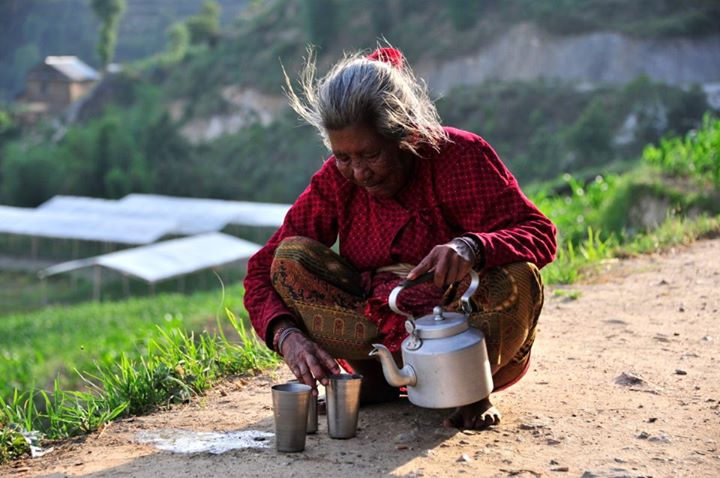
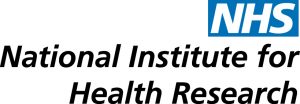
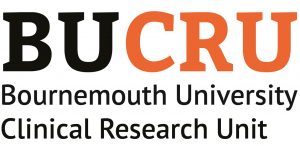
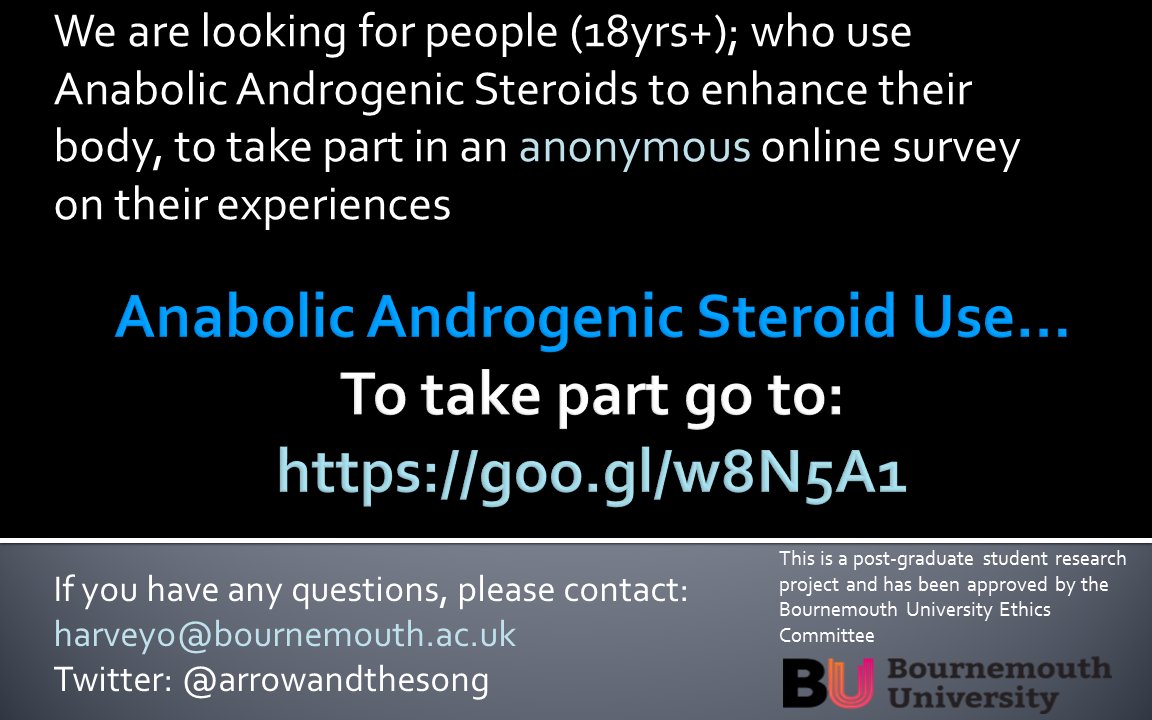












 REF Code of Practice consultation is open!
REF Code of Practice consultation is open! BU Leads AI-Driven Work Package in EU Horizon SUSHEAS Project
BU Leads AI-Driven Work Package in EU Horizon SUSHEAS Project Evidence Synthesis Centre open at Kathmandu University
Evidence Synthesis Centre open at Kathmandu University Expand Your Impact: Collaboration and Networking Workshops for Researchers
Expand Your Impact: Collaboration and Networking Workshops for Researchers ECR Funding Open Call: Research Culture & Community Grant – Apply now
ECR Funding Open Call: Research Culture & Community Grant – Apply now ECR Funding Open Call: Research Culture & Community Grant – Application Deadline Friday 12 December
ECR Funding Open Call: Research Culture & Community Grant – Application Deadline Friday 12 December MSCA Postdoctoral Fellowships 2025 Call
MSCA Postdoctoral Fellowships 2025 Call ERC Advanced Grant 2025 Webinar
ERC Advanced Grant 2025 Webinar Update on UKRO services
Update on UKRO services European research project exploring use of ‘virtual twins’ to better manage metabolic associated fatty liver disease
European research project exploring use of ‘virtual twins’ to better manage metabolic associated fatty liver disease